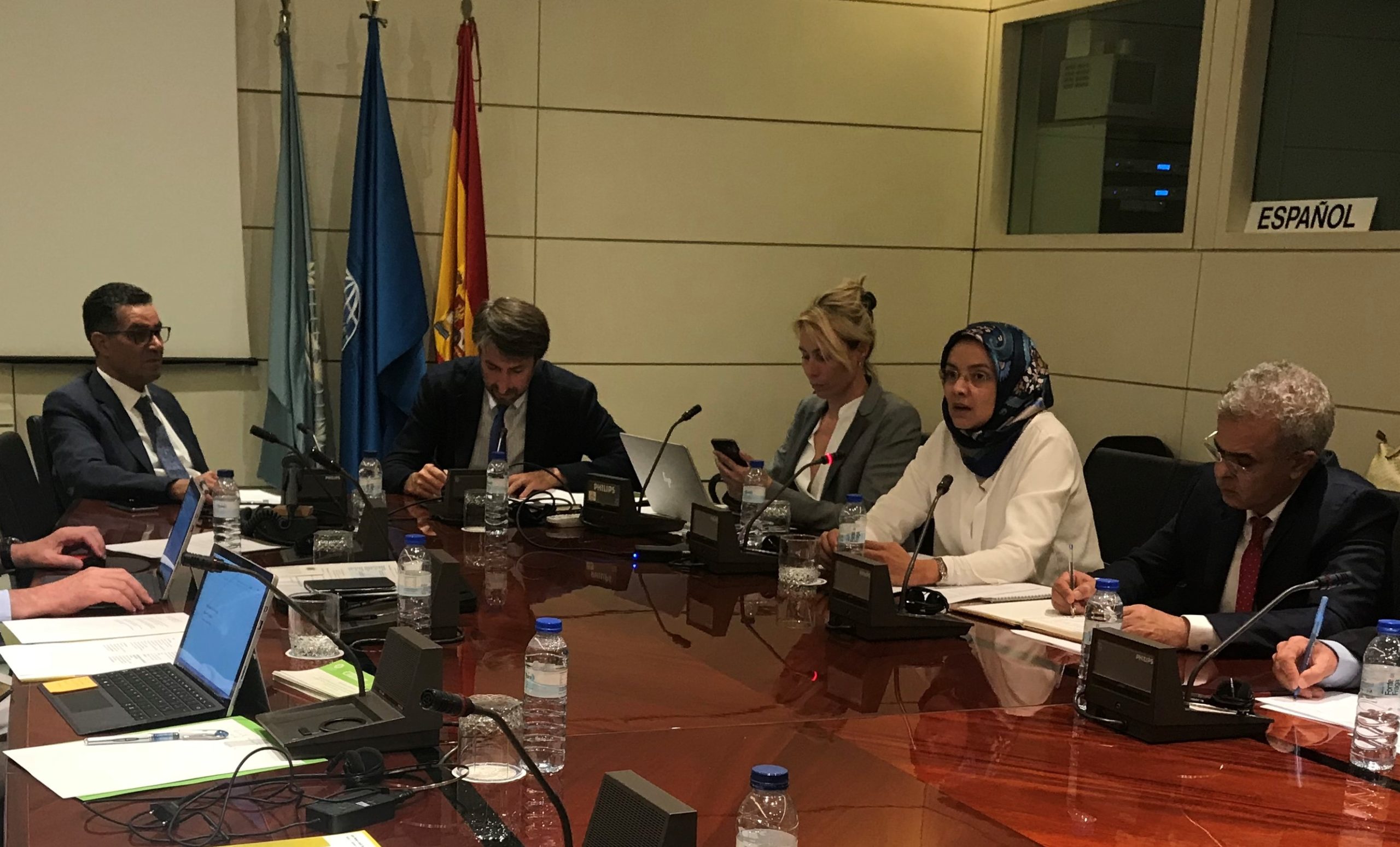

The website of the International Olive Council

This week on the Olive Health Information System website The newsletter of the University of Navarra and the IOC dedicated to health The evidence supporting the health benefits of extra virgin olive oil (EVOO) continues to...

The International Olive Council (IOC), in partnership with The Culinary Institute of America (CIA), held a high-level scientific and regulatory meeting today under the theme “Olive Oil and the World Table: Dialogues on the...

This week on the Olive Health Information System website The newsletter of the University of Navarra and the IOC dedicated to health The Mediterranean diet has long been associated with a reduced risk of noncommunicable...

Download our last newsletter, and check the most important news of the month and enjoy the access of stadistics related to the trade of olives.
Get our monthly newsletter directly in your inbox, every month with your subscription.


Inspiration from the Mediterranean Diet for Contemporary Cooking Learn more about this collaboration between The Culinary Institute of America and the International Olive Council to advance Healthy, sustainable, delicious food choices -with a special focus on technical training and menu innovation for chefs.


Inspiration du régime méditerranéen pour les biscuits contemporains
Apprenez-en plus sur cette collaboration entre le Culinary Institute of America et le Conseil oléicole international pour faire progresser des choix alimentaires sains, durables et délicieux, avec un accent particulier sur la formation technique et l’innovation des menus pour les chefs.